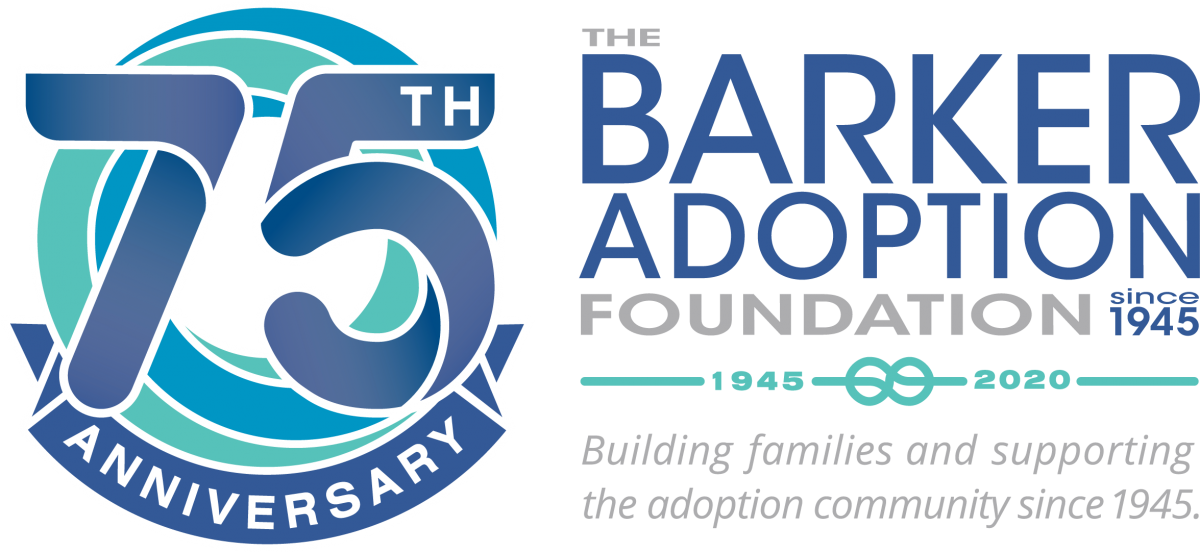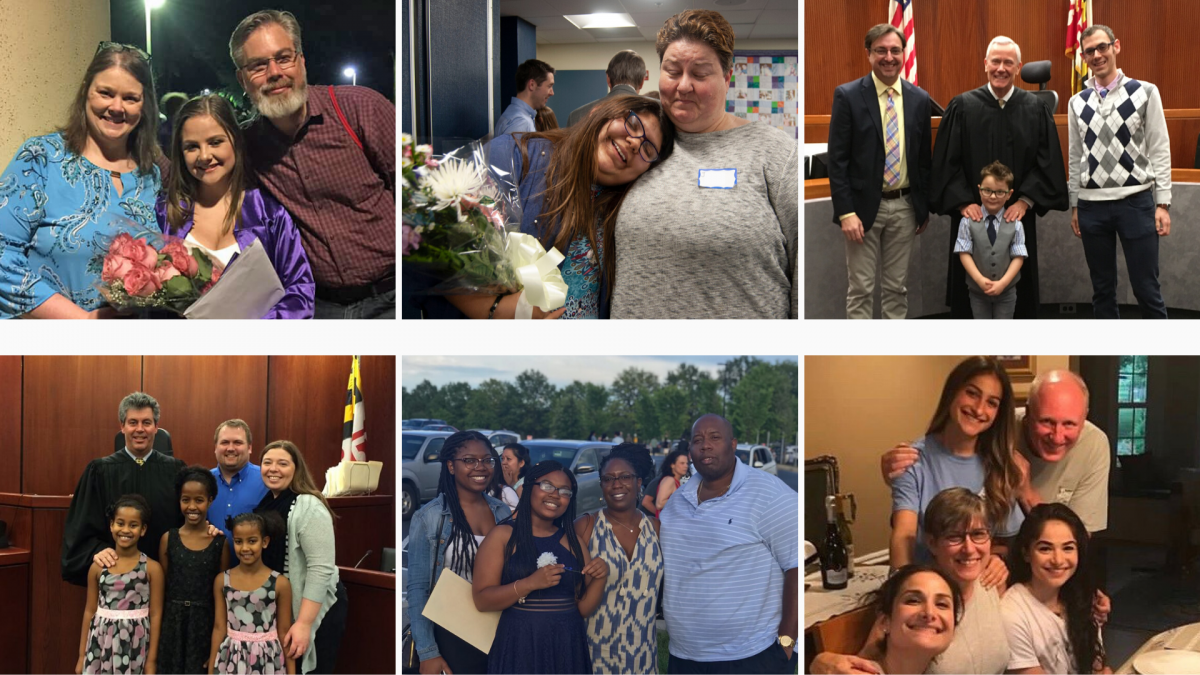
Celebrating Barker’s 75th Year | In Uncertain Times, Permanency Is a Matter of Survival
For a town hall this month, older children in foster care were asked what their greatest needs are during the coronavirus pandemic. More than 1,400 responded. Health care was high on the list, but not at the top: the first was food, the second housing. For kids in foster care, the basics of survival are never far from mind.
That continuing reality is part of why in 2005 the Barker Adoption Foundation launched a unique partnership with public child welfare agencies. Called Project Wait No Longer (PWNL), it connects older children in foster care to forever families. The program recruits, trains, and prepares families to welcome into their homes older children, usually ranging in age from 12 to 17 or younger sibling groups of three or more children.
Historically, prospective families often haven’t known what to expect in adopting older children and have been unsure about the support they’ll get after doing so. PWNL stepped in to fill those gaps, offering a 27-hour training to prospective adoptive parents, management of the home-study process, matching and transition support, and pre-and post-placement supervision. Adoptive families also got lifelong access to Barker’s family and post-adoption services. PWNL training tackled key issues: attachment, childhood challenges, special-education diagnoses, and more. Starting in 2008 our annual conference featured panels that addressed the concerns of older adopted youth, like how to maintain healthy birth family connections when possible.
In those early years, Barker launched an intensive campaign to reach families who might consider adopting an older child. That meant ads on local radio, appearances in houses of worship and at local and national conferences, and flyers in libraries. Barker families also spread the word. October 2007 brought the first placement of a child with a loving family through PWNL.
PWNL’s reputation steadily grew among prospective families and caseworkers at public agencies. In 2013 PWNL placed 20 older children. That year the first PWNL-placed young person headed for college, where she promptly made the dean’s list.
By 2015 the number of children placed was 25—that was also the year PWNL placed our 100th child.
PWNL also launched a new campaign to reach more families, build community partnerships, and educate the public about waiting children. We participated in hundreds of community events, ramped up advertising, and contacted more local organizations and faith-based communities. Barker parents pitched in too. They hosted informational events at their workplaces, PTAs, and houses of worship. They dropped brochures at doctor’s offices. And they posted flyers at grocery stores and coffee shops.
PWNL continued to add services.
In 2014 we established placement agreements with three new states and began offering specialized adoption support services for single parents. In 2016 Barker launched the CONNECT program, which pairs adult mentors who have an adoption or foster care history with youth recently placed for adoption through PWNL.
PWNL’s outcomes can be measured in stories as much as numbers. There was the girl who’d been in nine different homes by age 6 and was adopted through PWNL. Another girl had lived in 14 temporary homes in her first 12 years of life and found a permanent home through PWNL. There was the 8-year-old from an African country whose adoption through another agency had been disrupted. PWNL connected her to a forever family who’d previously adopted children from that same country.
As one adoptive couple said of their experience adopting through PWNL: “We found we matched in all sorts of ways that no one could have known about. It really makes you believe in the miracle of this process.”
Our work to move older children to permanent families goes on: more than 400,000 kids nationwide remain in foster care.

Permanency gives children what we all need to survive: love, protection, stability, and belonging. In the words of one PWNL adoptee: “We [older children] need and deserve a home just like a baby does. I thank you for supporting Project Wait No Longer and making my family possible.”
We wish safety and health to all in this difficult period, including children still in foster care and you, the wonderful Barker community.
